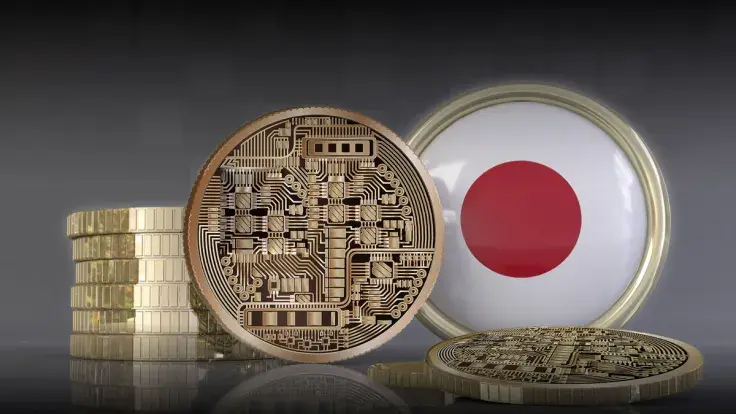The news was shared by the popular-within-the-crypto-community Chinese cryptocurrency journalist and blogger Colin Wu.
According to a Nikkei article he shared, Japanese authorities intend to loosen regulations when it comes to start-ups raising funds for launch. Start-ups are now allowed to accept financial support from investors; they can "choose to deliver crypto assets instead of stocks." This means they are allowed to offer their own tokens rather than stocks, which resembles ICOs.
The source states that these new rules will apply only to investment funds that are putting money into limited partnerships.
Binance returns to Japanese market after two years
The largest exchange by volume, Binance, has returned to Japan after it was banned from there two years ago, accused of conducting illegal operations by local financial regulator FSA.
Last year in November, Binance acquired a local regulated crypto trading platform, Sakura Exchange BitCoin. In August, the exchange run by CZ, according to a CoinDesk article, was to launch a subsidiary called Binance Japan.
The Japanese seem to be ahead of the U.S. when it comes to crypto regulation. While the U.S. regulator SEC, spearheaded by Gary Gensler, is doing nothing but suing crypto exchanges and fining DeFi apps, it also seems to be trying to slow down the emergence of Bitcoin spot ETFs in the country.
However, as reported by U.Today recently, Grayscale crypto investment fund managed to beat the SEC in court after suing them last year. Now, the regulator will have to consider Grayscale's application instead of rejecting it immediately as it did last year.



 Dan Burgin
Dan Burgin Vladislav Sopov
Vladislav Sopov